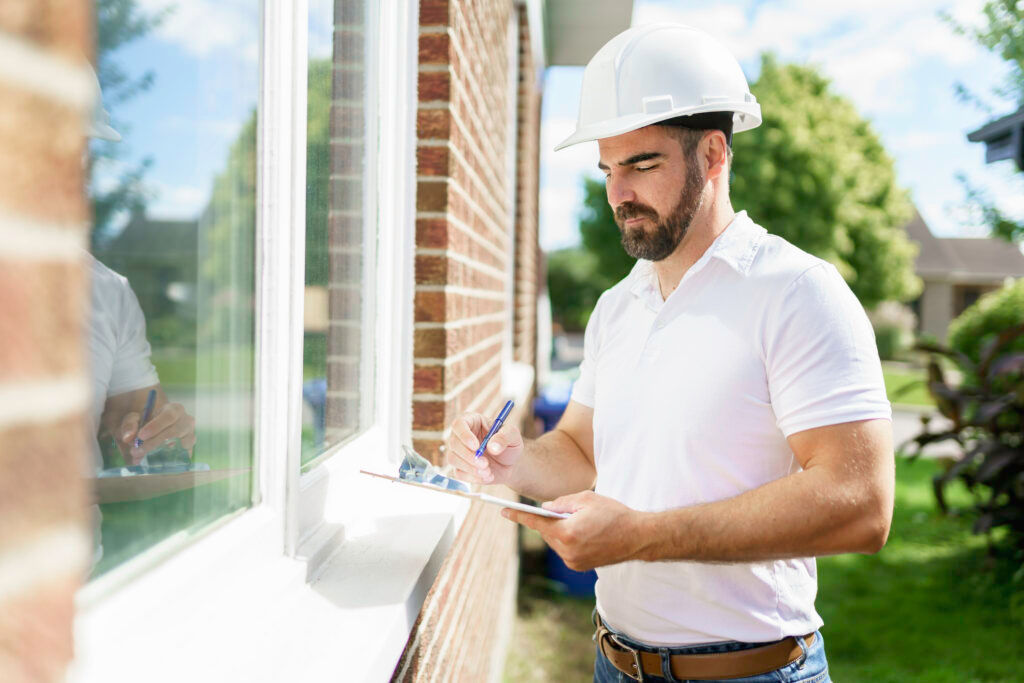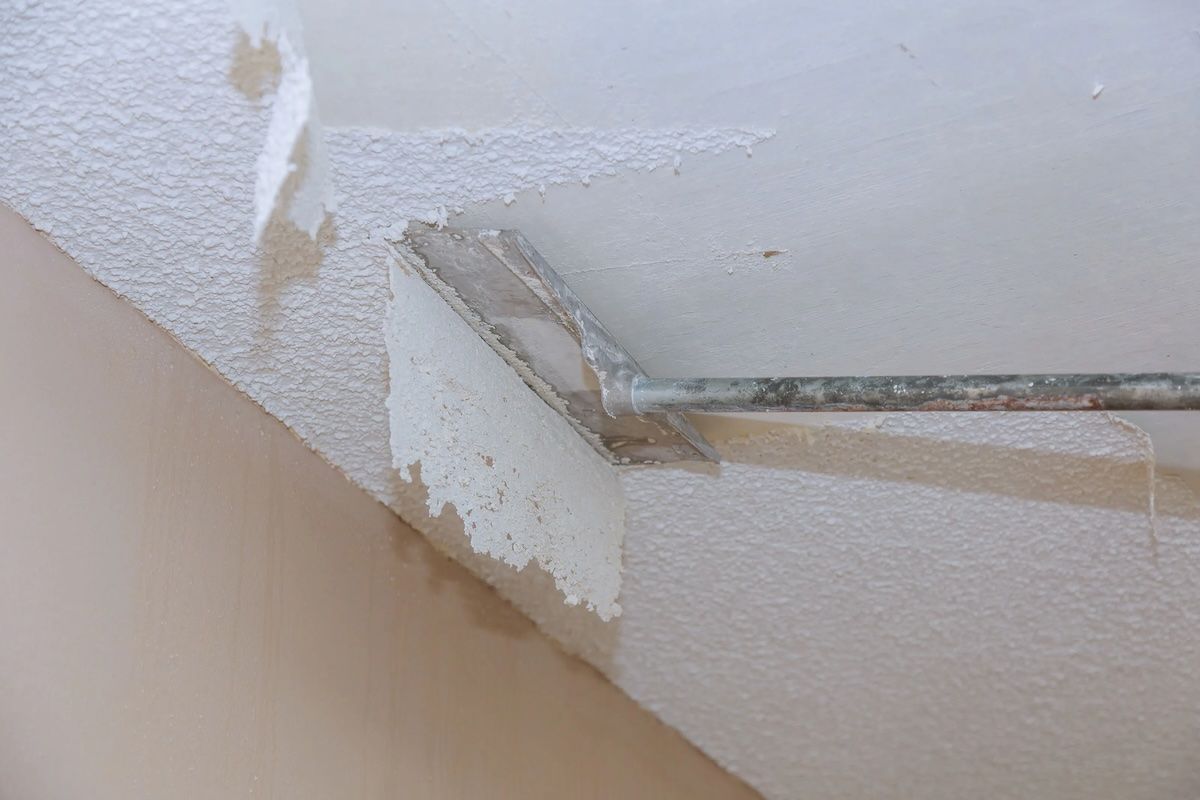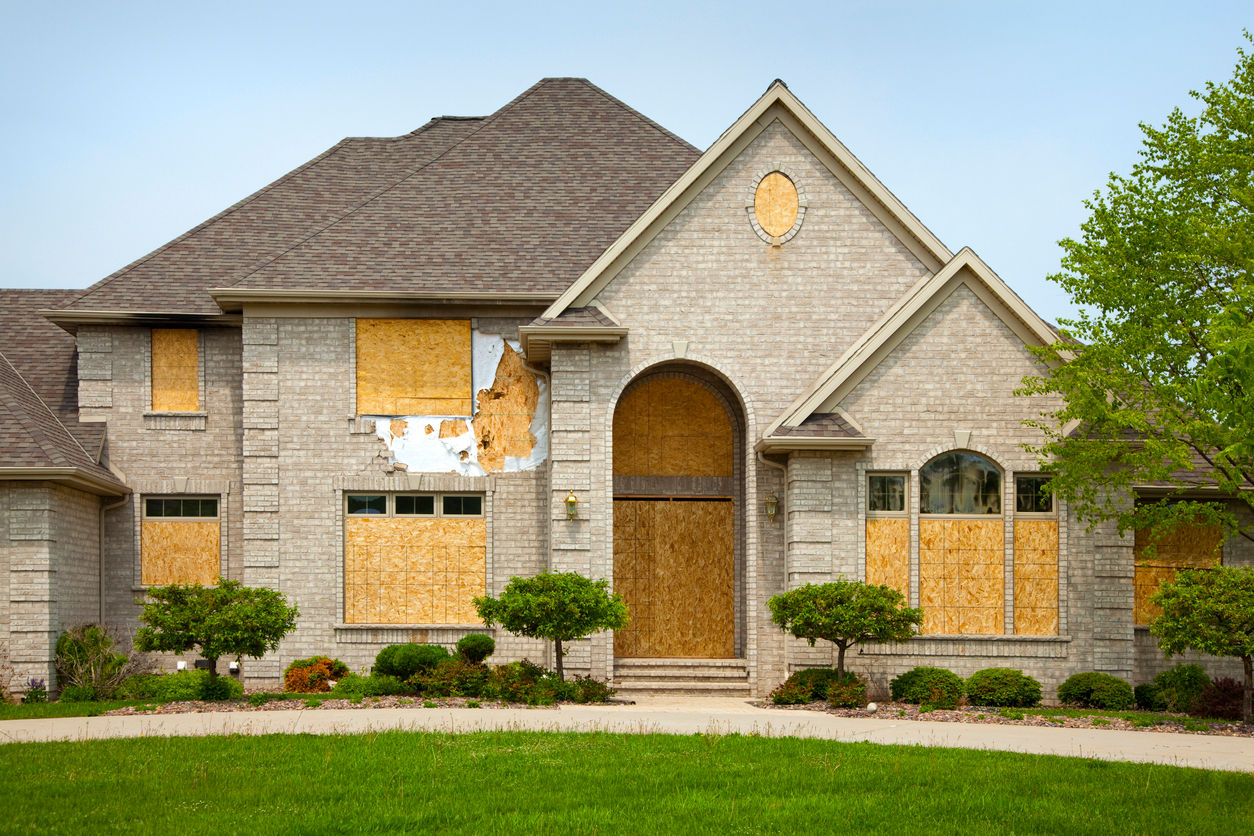- Resale Inspection Logistics Are Different Than New Construction
- Why a New Construction Home Inspection is Necessary
- The Local Building Department Could Miss Something
- What A New Construction Home Inspection Entails
- Potential Issues Uncovered by New Construction Home Inspections
- Valuable For a Final Walk-Through
- How to Hire a Qualified Inspector
- Addressing Common Misconceptions
- Conclusion
New Construction Home Inspection: Should You Hire a Home Inspector for a New House?
Click here to browse our Real Estate Agent Directory and contact top-rated agents in your area!

Are you wondering whether getting a new construction home inspection is a good idea or even necessary? If so, you are not alone.
When buying a new home, the excitement can often overshadow the steps necessary to ensure your investment is sound and safe.
One such critical step is the new construction home inspection. The process might seem redundant to some, given the property’s newness. However, this inspection is paramount in identifying any underlying issues that could become costly problems.
New construction home inspections are necessary when building a house.
From nearly forty years as a real estate agent and representing numerous builders, there are many things to know about buying new construction. One of them is the potential need to have it inspected.
While new construction will be inspected locally by city or town employees, something could be missed. Even in a new construction home, it’s essential to perform your due diligence in the home-buying process.
Read on to discover why a new construction home inspection is essential. Learn what they entail, the potential issues they can uncover, how building codes play into the construction process, and the best practices for hiring a qualified inspector. We’ll also debunk the misconception that new construction homes are flawless and exempt from problems.
Let’s dig into what you should know.
Resale Inspection Logistics Are Different Than New Construction
One essential thing potential buyers need to understand about new build inspections is the difference from resale inspections. In a traditional purchase, a buyer will have an inspection contingency when they put a house under contract. The contingency allows them to escape the sale if the results are unacceptable.
In new construction, you’re unlikely to get this kind of leeway. Most builders will not custom-build a home and let the buyer escape the sale because of something that turns up at an inspection.
Building a house is a significant investment. It would not make sense that a buyer could walk on a whim. Even when new homes are complete, like spec sales, builders will be reluctant to allow buyers to have a standard home inspection contingency clause.
In my experience, builders will allow the inspection examination and an agreement to fix any egregious deficiencies. However, they won’t allow a buyer to terminate the sale.
Remember this as you’re looking at new homes.
Why a New Construction Home Inspection is Necessary
Contrary to popular belief, new construction houses are not immune to problems. Various defects, from structural issues to minor cosmetic flaws, can go unnoticed without a professional inspection.
These inspections are vital for several reasons:
- Early Detection of Problems: Identifying issues before finalizing your purchase can save you from future headaches and financial strain.
- Quality Assurance: Ensures the construction meets the agreed-upon standards and specifications.
- Safety: Detects any violations of building codes that could compromise the safety of the occupants.
Real-life scenarios have shown that even newly constructed homes can have significant problems, such as faulty wiring, plumbing mishaps, or structural weaknesses, emphasizing the importance of an inspection.
The Local Building Department Could Miss Something
While it is true that local officials will inspect a new build, something could be missed. A home inspector hired by a buyer will spend far more time examining the property than a local inspector under city or town employment.
They do more of a precursory look vs an in-depth examination. This can leave open the potential for problems to be missed.
What A New Construction Home Inspection Entails
The type of inspection you receive will be determined based on the stage at which you purchase. There are two levels.
A comprehensive new construction home inspection includes two critical stages:
- Pre-drywall Inspection: Conducted before the drywall is installed, this inspection focuses on the home’s framing, plumbing, electrical, and HVAC systems. It’s a crucial step to catch issues hidden behind walls.
- Final Inspection: Performed once the construction is complete, this inspection covers everything visible and accessible. Inspectors look at the roof, foundation, windows, doors, appliances, and much more to ensure everything is in top condition.
Inspectors utilize a detailed checklist to assess each component. This level of detail ensures the home is safe, well-built, and up to code.
Potential Issues Uncovered by New Construction Home Inspections
Whether new builds or not, inspections frequently unearth numerous concerns that could cause significant problems if left unaddressed. Here are just a few of the issues a new construction home inspection might uncover:
Structural Issues: This could include poorly executed foundation work, framing issues, and inadequate support structures. All of these things can compromise a home’s safety and integrity.
Electrical and Plumbing Problems: If wiring is incorrect, electrical connections are poor, or the plumbing system is improperly installed, leaks and safety hazards can occur. Early corrections can limit damage and save you money in the long run.
HVAC System Malfunctions: A poorly installed or malfunctioning HVAC system can affect home comfort and energy efficiency. Inspection can reveal issues with ductwork, ventilation, and equipment placement.
Poor Workmanship: Poorly executed work on a home can range from misaligned windows and doors to uneven flooring and lousy paint jobs. While some of these problems may only be cosmetic, others could point to deeper issues with the work.
With these potential issues at stake, a thorough look at your home’s construction before you take possession, is essential to ensuring it’s entirely up to code.
Addressing issues before you move in can protect your investment. It serves notice to the home’s builder that problems should be corrected now.
Understanding Building Codes and Their Role
Building codes govern design, construction, alteration, and maintenance to ensure public health, safety, and welfare.
Here’s how they play into new construction inspections:
- What are Building Codes?: Building codes specify the minimum requirements for structural integrity, fire safety, electrical systems, plumbing, and more. They are updated regularly to reflect new safety standards and technological advancements.
- Ensuring Safety and Compliance: Inspections verify that the construction adheres to these codes. They provide the property is safe for occupancy. However, it’s essential to understand that codes represent a minimum standard, not a quality guarantee.
- Limitations of Building Codes: While building codes are essential for safety, they only cover some aspects of quality and workmanship. This is where a detailed home inspection can fill the gap. Top home inspectors assess not just code compliance but also the quality of construction and finishes.
Understanding building codes and their limitations highlights the importance of comprehensive home inspections to ensure compliance and the overall quality and safety of the construction.
Valuable For a Final Walk-Through
One of the best reasons for a home inspection is in preparation for the final walk-through before closing. The final walk-through is an opportunity to create a punch list of any deficiencies a builder must correct.
Having qualified eyes can make this process far more accessible for a layperson. I know from experience, however, that some builders don’t like the thought of home inspectors critiquing their work.
One builder I worked with would only let a buyer have the home inspected after their punch list was completed. Home inspectors are also known to overstep boundaries, which can anger builders.
How to Hire a Qualified Inspector
Choosing the right inspector for a new construction home is crucial. Here’s how to ensure you hire a qualified professional:
- Credentials and Certifications: Look for certified inspectors from organizations such as the American Society of Home Inspectors (ASHI) or the International Association of Certified Home Inspectors (InterNACHI). These certifications indicate that the inspector has undergone training and adheres to a standard of practice.
- Questions to Ask: When interviewing potential inspectors, inquire about their experience with new construction. Find out what their inspection covers and whether they provide a detailed report. Asking for references or sample reports can also provide insight into their thoroughness and professionalism. If you feel your buyer’s agent genuinely represents your best interests, they can be an excellent resource for finding an inspector. On the other hand, if you get the sense they are more concerned about closing the sale, find your inspector.
- Understanding the Inspection Service: Clarify what the inspection includes and ensure it covers all areas of concern, from the foundation to the roof and everything in between. Knowing what to expect can help you make an informed decision when hiring an inspector.
Addressing Common Misconceptions
Despite the apparent benefits, some buyers need clarification about new construction home inspections that could deter them from taking this crucial step.
Addressing these myths is critical to understanding the complete value of inspections:
- Misconception: New Constructions Are Perfect: Many assume that new homes, being newly built, are free from defects. However, human error, rushed timelines, or material faults can introduce problems. These things can happen regardless of the home’s age.
- Municipal Inspections Suffice: While municipal inspections are mandatory, they often focus on code compliance and may not delve into the quality of workmanship or detailed checks that a private inspector would perform. Relying solely on municipal inspections might overlook significant issues.
- Inspections Are Costly and Unnecessary: Some buyers consider inspections unnecessary. However, the cost of an inspection is minimal compared to the potential expenses of repairing undiscovered issues after purchase. Inspections can provide peace of mind, knowing your home is safe and well-built.
Acknowledging and overcoming these misconceptions can lead to more informed decisions. It ensures that your new home is a sound investment, both financially and in terms of your family’s safety and comfort.
Conclusion
A new construction home inspection is an integral part of the home-buying process. The inspection’s job is to ensure your new home is built according to code and defect-free. You’ll feel good knowing it’s safe for your family.
From identifying potential issues to ensuring the home complies with building codes, the inspection process offers essential details about the quality and safety of your new property.
Buyers can adopt an informed posture when navigating the complexities of new construction house hunting by hiring an inspector specializing in this property type.
Recognizing the need for this step and ignoring false information can save time, money, and heartache. It should be an essential element in any new home purchase.
With this understanding, hopeful homeowners are empowered to ensure a property under construction meets expectations — providing a happy, safe environment for many years.
Best of luck with your new home purchase!





